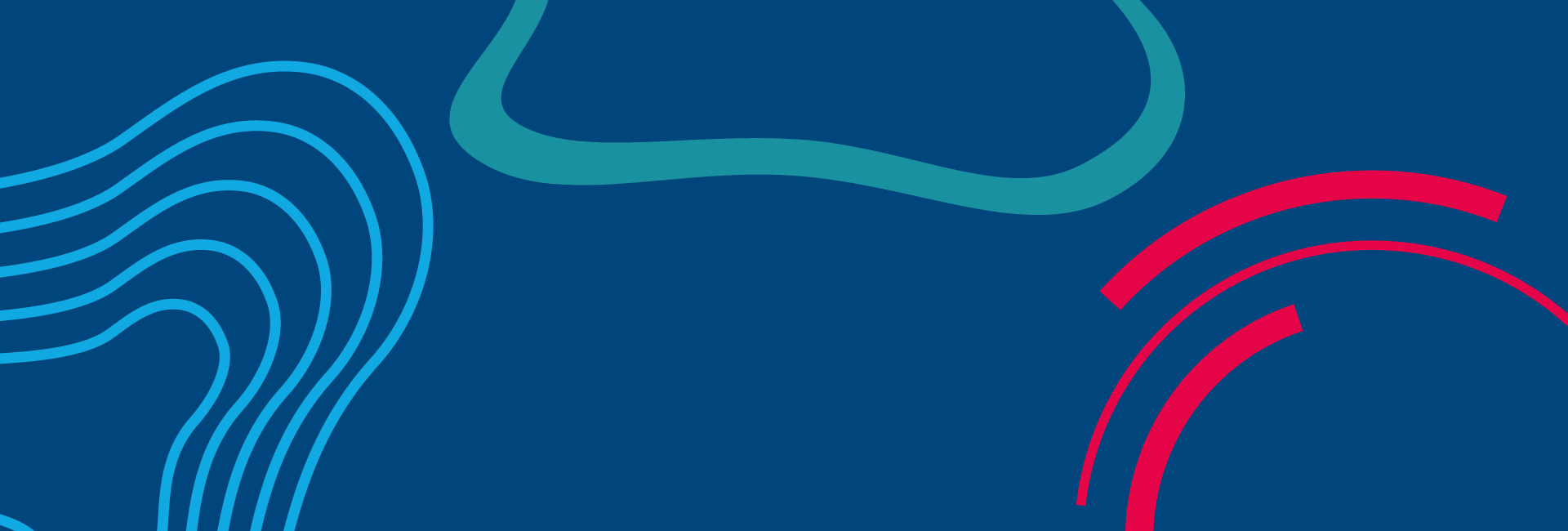Researchers from all over the world
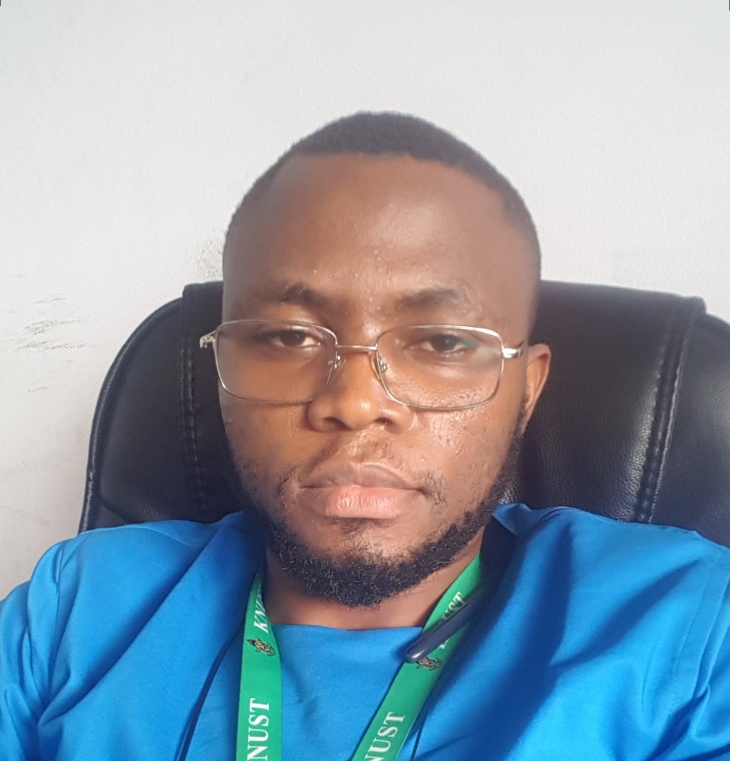
Fellow Dr. Alain Tamoffo [Image: private]
Physicist Dr. Alain Tamoffo, 33, is waiting to see how happy his children will be when they touch and see the snow for the first time. "They've only ever seen it on TV and they keep asking me when it’s going to snowfall" he says.
The Cameroonian is a Humboldt Fellow at the Helmholtz-Zentrum Hereon for two years. As a climate modeler, he is researching climate change in his native West Africa, specifically rain cycles and their effects. "There is little data there, so my work is also a pioneering activity," says the researcher. Yet, he says, it is so important, especially in agriculture, to make assumptions for the expected climate and, above all, rainfall. Long periods of heat and less rain - climate change has long been noticeable in Cameroon, Tamoffo says. "Developing countries - it's obvious - are also much less prepared for such changes."
But Tamoffo, who lives with his family in Buxtehude and takes the S-Bahn to the Climate Service Center Germany (GERICS), is now looking forward to the cold and snow - because for him, that's part of the cultural experience of Germany. He has already tried a currywurst, and he finds the Germans friendly.
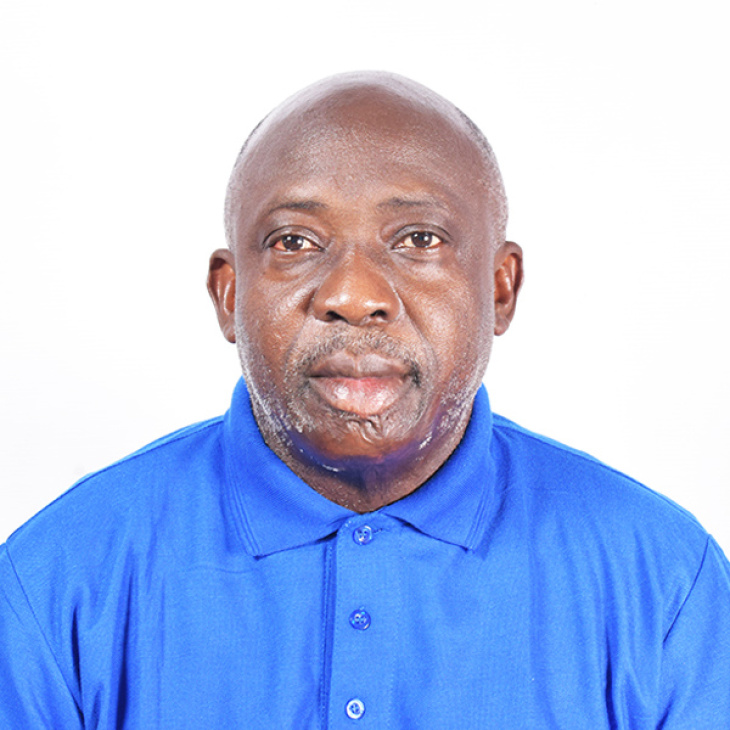
Fellow Prof. André Lenouo [Image: private]
Prof. André Lenouo, 54 and a physicist, also agrees. He is a fellow of the Helmholtz Information & Data Science Academy (HIDA) and also from Cameroon, will spend three months in Germany as a fellow.
Lenouo is researching the variability of Cameroon's climate and its impact on agriculture. Rainfall has become less frequent but more severe at points, which also makes for more malaria, Lenouo said. "I'm working on two scenarios for possible developments. How will the situation develop in the Duala region? That remains an exciting question," he says. The continental climate in West Africa must be assessed completely differently here than the coastal climate, he says. The government has no idea how to manage the problems in Cameroon. Especially because of the population growth and the many internally displaced persons, the developments are relevant for very many people.
Lenouo lives in the Hereon guesthouse in Geesthacht. What he needs to get used to is the German bureaucracy.
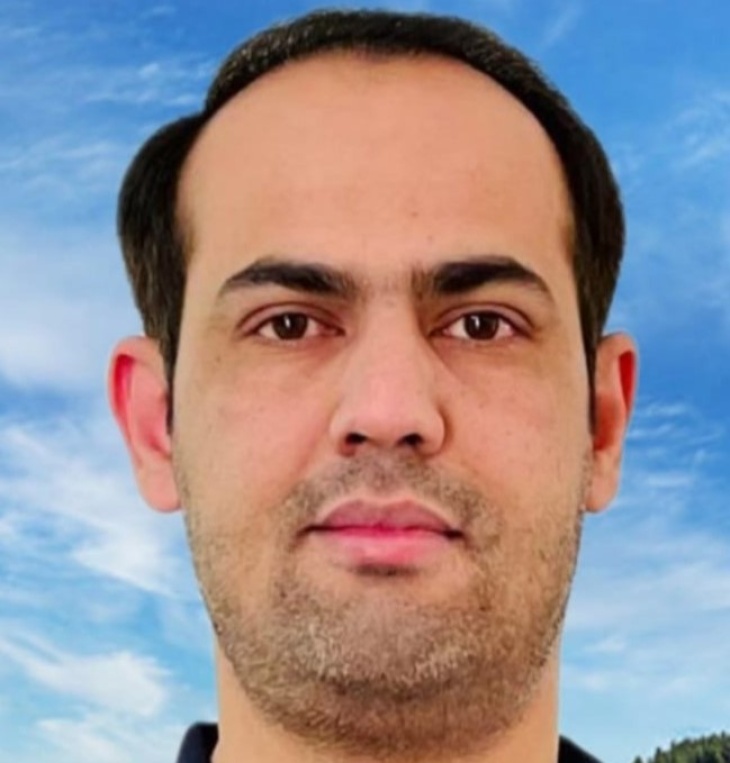
Fellow Dr. Farhan Saleem [Image: private]
Dr. Farhan Saleem, 34 and an environmental physicist from Pakistan, has also had such experiences. He, too, will spend two years as a Humboldt Fellow at GERICS researching climate issues. He lives with his family in Hamburg. Originally, he comes from the province of Punjab, where both agriculture and industry characterize life.
"Heat spells and floods are of particular interest to me in my research," Saleem says. His modeling incorporates data from across South Asia as a hotspot area.
What he enjoys about Germany is that the climate is not so hot as in his home country. And that there is a lot of greenery. "I could imagine staying here forever," Saleem says. For him, the human interaction with one another is also exemplary about his current home.
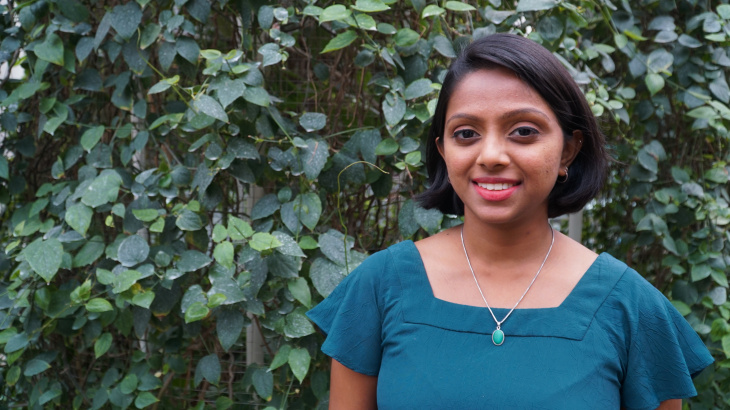
Fellow Sonali Manimaran [Image: private]
Completing the lineup is HIDA fellow and environmental scientist Sonali Manimaran, 26, a PhD student from Singapore. She is conducting research on displacement and migration. Her modeling on these topics completes qualitative studies.
She will spend three months at GERICS." My research includes how climate change specifically affects migration in Southeast Asia. "She says the manpower and interdisciplinary approach at GERICS are particularly appealing to her. "I am grateful to have this opportunity to spend time in Germany through HIDA. Here I am also learning a lot about regional climate models and how to interpret them," Manimaran says.
She also finds it interesting to see how the Hamburg researchers pass on knowledge and recommendations for action to stakeholders. What counts for the doctoral student now is to make rapid progress in her research question for her dissertation and to acquire new skills at GERICS. She feels very comfortable in Hamburg and has been warmly welcomed.
Further information
Contact
Scientist
Climate Service Center Germany
Phone: +49 (0) 40 226338-436
Scientist
Climate Service Center Germany
Phone: +49 (0) 40 226338-447
